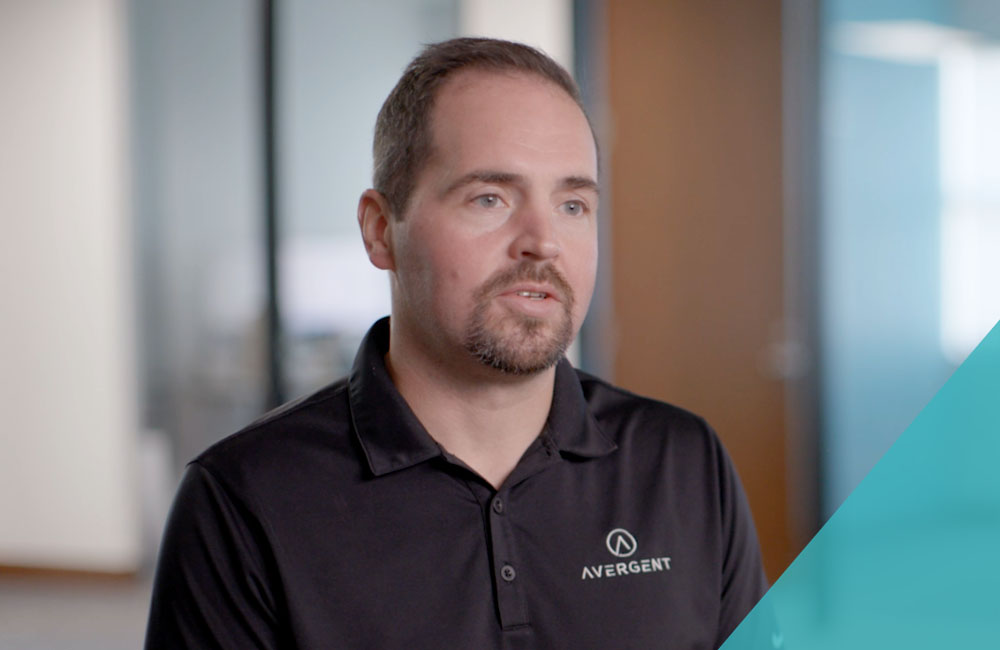
The Evolution of the Broker-Employer Relationship
In this era of rising healthcare costs, changing workforce dynamics, and shifting employee expectations, the partnership between brokers and employers has transformed. Let’s delve into this transformation to understand how the broker-employer relationship has evolved and the pivotal role it plays in shaping employee benefits strategies.
What Role Do Brokers Play?
Brokers provide employers with advice, services, and products related to employee benefits. Brokers are no longer merely service providers. Today, they are strategic partners finding innovative, customized solutions and guiding employers through the complexities of benefit plan design.
Employers want to work with brokers who act as strategic consultants and offer comprehensive guidance beyond choosing plan offerings and carriers. Brokers play a pivotal role in helping employers design benefits strategies that not only help employers manage healthcare spending and provide effective benefits but also attract and retain top talent in a competitive job market. Brokers’ expertise in curbing healthcare costs, guiding communication strategies, and introducing flexible voluntary benefits is vital in meeting the evolving demands of employers and their employees.
How Can Brokers Help Employers Reduce Healthcare Costs?
Many employers today rely on brokers to manage escalating healthcare costs while meeting the needs of their employees. According to Optavise’s annual broker report, 83% of responding brokers said their clients depend on them to manage healthcare expenses. With healthcare expenses rising faster than inflation rates, brokers’ expertise in cost containment has become more important than ever.
SELF-FUNDING
Brokers play a critical role in helping their clients design competitive benefits packages within budget constraints. Self-funding is one cost-effective solution to offer effective benefits while saving employees and employers money. When employers self-fund, they can customize their benefit plan to optimize the services they offer employees.
Self-funding requires working with multiple benefit partners, including a network, third-party administrator (TPA), and pharmacy benefits manager (PBM). So, self-funded employers want to work with brokers who are familiar with self-funding and can guide them through the process.
The Alliance works as a collaborative partner with brokers to help them find the best solutions for their clients. Our Smarter Networks include over 38,000 healthcare providers and offer broad coverage and the power of choice for employees. We offer customized network options – our Premier Networks that allow employers to incentivize their employees to use certain providers to maximize their savings. The Alliance also partners with other networks, including Trilogy Health Network and WPS Statewide Network, to create seamless coverage across Wisconsin.
The Alliance also uses innovative contracting and payment strategies like bundles, direct primary care, as well as steering and tiering to help our employer-members and their employees manage their healthcare spending.
We support our employer-members during the transition process and beyond. The Alliance offers customized analytics reports to our employer-members. Our Smarter HealthSM analysis empowers employers and their brokers with the data they need to make informed decisions.
HEALTHCARE PRICE TRANSPARENCY
Optavise’s report stated that 77% of brokers reported high to moderate demand for healthcare transparency support in the past year. The Alliance supports brokers and employers in the push for healthcare price transparency by working closely with benefits partners and state and federal legislators, providing the education and insights they need to make well-informed decisions about healthcare topics that matter to businesses. Learn more about our work with health policy here.
How Can Brokers Help Customize Benefits?
Employee needs are changing, and many employees see benefits as a major consideration when deciding whether to take a job. In this time of increasing personalization, employees want benefits that align with their unique needs and lifestyles. Brokers help employers choose which voluntary benefits would be the most effective options for their workforce and implement them. Some benefits include:
DIGITAL HEALTHCARE SOLUTIONS
Digital healthcare solutions like virtual primary and urgent care increase access to healthcare by eliminating commutes and wait times and offering flexible appointment times outside of normal business hours. Using virtual care allows employees to prioritize their health. This is a win-win because when employees are healthier, they save themselves and their employees money on healthcare, and they can be more productive in their lives and in their work.
The Alliance networks include virtual and telehealth providers, including virtual primary care and mental health services.
FERTILITY BENEFITS
Although many people require fertility services, high out-of-pocket costs (ranging from $5,000 – $75,000) limit accessibility. Offering fertility benefits increases access to fertility care and can help employees reduce their healthcare costs. In addition to financial support, employers can also support their employees’ emotional wellness. This can be done by offering benefits like care navigation, emotional support, and flexible hours.
Offering customized benefits is key to ensuring benefits resonate with employees and their covered dependents.
How Can Brokers Support Benefits Communication?
Benefit communication support has emerged as a foundational pillar of the broker-employer relationship. Employees are increasingly seeking guidance from their employers to understand their benefits and lower their healthcare costs. Consequently, brokers are seeing a surge in demand for benefits communication support from their employer clients.
Beyond annual meetings around open enrollment, brokers now offer a diverse range of communication methods. These methods include virtual and on-demand presentations, year-round campaigns, and tailored materials.
The focus of these communications shifted to educating employees about how to utilize their benefits and be smarter healthcare consumers. Employers can lose employees if their employees do not understand the value of their benefits or how to use them. So, employers are increasingly asking brokers for communication materials so they can effectively communicate the benefit options with their employees.
The Alliance offers educational resources to help employees understand their health plan and get the most out of their benefits.
Looking Ahead
As the broker-employer relationship continues to evolve, brokers must continue to adapt and innovate to address the evolving needs of employers and their employees. Staying ahead of market trends, leveraging technology for enhanced communication and decision-making, and offering tailored solutions will continue to be essential for brokers now and in the future.
When choosing a broker, or other benefit partner, it’s important to make sure they are proactive, innovative, and offer the services your employees need. We’ve created downloadable worksheets with questions you can use to interview potential partners so you can be sure you’re making the best choice for your business and your employees.
Reach out to us to learn how The Alliance can help you take your benefit program to the next level.








